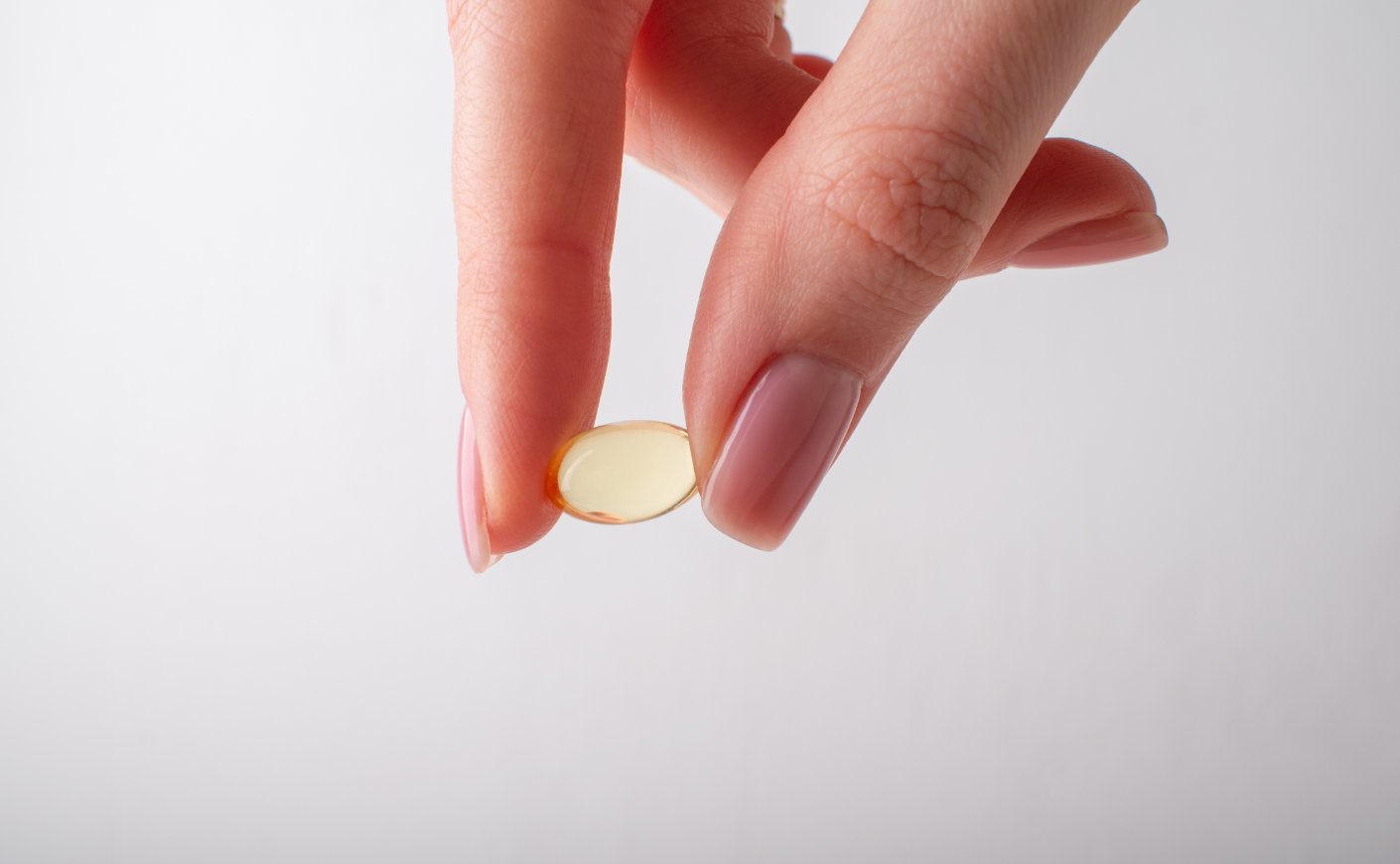Could a common drugstore supplement help you live longer?
New research suggests that getting enough vitamin D may help slow your biological clock. Here’s a closer look at the study, how scientists suspect the nutrient could benefit us on a cellular level, and why you may want to hold off before stocking up on this supplement.
Vitamin D and telomere length
The researchers analyzed the vitamin’s effect on telomeres, which act like the plastic tip at the end of a shoelace, protecting pieces of DNA and preventing them from fraying. These structures become shorter as we get older, which is one way scientists can determine your biological age. Shorter telomeres are also associated with type 2 diabetes and cardiovascular diseases.
There’s been some evidence that vitamin D may slow this shrinking process, but most of those studies have been brief and small in scope. In contrast, the recent trial followed about 1,000 people over the course of five years. Participants took either a placebo, 2,000 IUs of vitamin D3 (one of two common forms of vitamin D supplements) a day, or 1 gram of omega-3 fatty acid a day. Their telomeres were measured at the outset of the trial, two years in, and at the four-year mark.
The researchers found that over four years, the telomeres of the people who took a daily dose of vitamin D didn't shorten nearly as much as those of the other participants, preventing “the equivalent of nearly three years of aging,” according to a news release.
“Our findings suggest that targeted vitamin D supplementation may be a promising strategy to counter a biological aging process, although further research is warranted,” says Haidong Zhu, Ph.D., a molecular geneticist who co-authored the report.
Should you take a vitamin D supplement?
Despite these very promising results, the jury’s still out. For one, it’s not clear if this reduction in telomere trimming is all that significant, Mary Armanios, a professor of oncology and director of the Telomere Center at Johns Hopkins University, tells Scientific American. The results still measure within the normal range, and Dr. Armanios says “it’s only at the extremes that telomere length really matters in terms of aging.”
Plus, there’s some doubt over the method used to measure telomeres in the trial: The researchers used a technique called quantitative polymerase chain reaction (qPCR) that’s proven to be less reliable than other methods, experts say.
Although more research is needed, the authors of the study say that vitamin D supplements could be beneficial for some. Researchers believe that vitamin D may lower inflammation, which could be behind its impact on telomeres.
“Dietary supplements will never be a substitute for healthy diet and healthy lifestyle,” JoAnn Manson, a co-author of the study and chief of the Division of Preventive Medicine at Brigham and Women’s Hospital, tells the Washington Post. “However, targeted supplementation for people who have higher levels of inflammation or at higher risk of chronic diseases clearly related to inflammation, those high-risk groups may benefit.”









